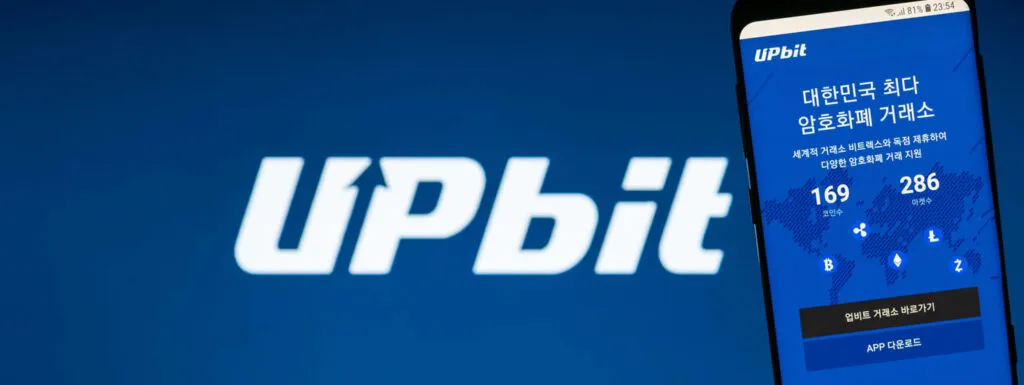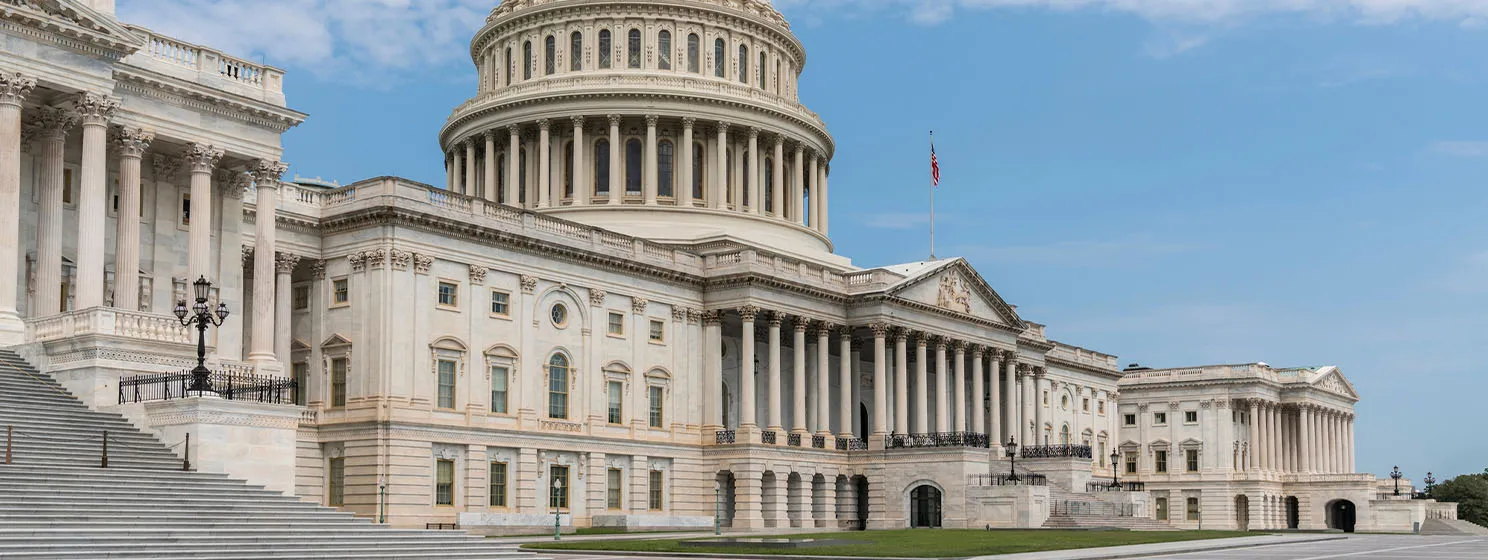
Financial Services Commission
South Korea lays out roadmap for ETFs, probes exchange fees
South Korea advances its pro-crypto pledges under Lee Jae-myung, beginning with the submission of an ETF roadmap and investigation into...
South Korea unveils bill to allow stablecoin issuance
Under the proposed legislation, the authority will fall to the country's top finance sector watchdog, the FSC, instead of the...
South Korea mulls ban on non-compliant exchanges
South Korea’s financial watchdog says a number of offshore exchanges have been flouting regulations and is exploring Internet blocks and...
South Korea gives nod to ‘crypto’; Upbit faces hefty fines
Institutional investors can start cashing digital assets out in H1 and access all the other services in H2 as FSC...
South Korean exchanges fear sanctions due to Upbit clampdown
Smaller exchanges fear they will face stricter sanctions as Upbit, the largest operator, faces withdrawal limitations and tough fines to...
Upbit’s license renewal in limbo; Hong Kong tightens VASP rules
South Korea is uncertain whether Upbit will have its license renewed due to possible KYC breaches; elsewhere, Hong Kong advises...
Recent
Trending
Most Views

 07-08-2025
07-08-2025 




























